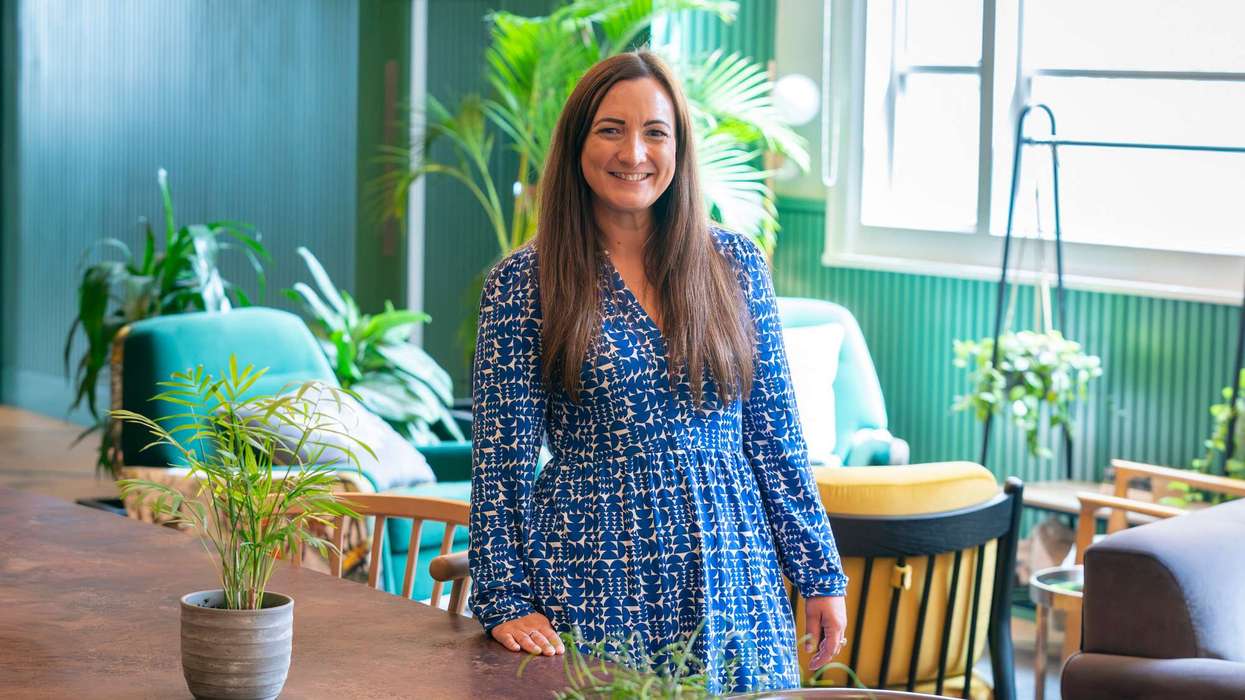Integrated Care Systems are the right way forward to enable the country’s recovery from the Covid-19 pandemic and implement reforms in the health sector, health secretary Sajid Javid said on Wednesday (November 10).
While joining the NHS Confederation ICS Leaders conference virtually from Glasgow where he's been attending the COP26 summit, Javid said that Covid, recovery and reform are his top priorities.
Expanding on the three words he said: “Covid - getting us, and keeping us, out of the pandemic. Recovery - tackling the huge backlog of appointments it has caused. And reform of our health and social care systems for the long-term.”
Health disparities
Javid said integration has helped the health system thrive throughout the pandemic and it “must continue to be our watchdog” to combat other challenges like health disparities.
The pandemic has revealed the underlying health disparities in our society that deepened during this period.
Citing some examples, he said: “Men in England’s most deprived areas can expect to live nearly ten years less than those in the least. Black women are five times more likely to die from complications during childbirth than white women.”
Besides, BAME groups that make up less than a seventh of England’s population, represented a third of the critical care admissions from Covid.
“It’s time to level up on health. That’s going to take partnership.”
Innovation & integration
Javid added that the government is committed to achieve innovation and integration in the healthcare system, and is working on Health and Care Bill to provide architecture for statutory ICSs.
He would soon bring forward a White Paper on Integration, setting up new ways of sharing records and delivering digital services together.
It will not only help “staff move from sector to sector but also to promote more joint roles across health and social care”.
He added: “With this shift in perspective – and a shift in professional culture too – I think we can achieve it by thinking as one, planning as one, and working as one - across our ICSs.”
During the conference, Amanda Pritchard, NHS England’s chief executive, announced that Dr Clare Fuller, senior responsible officer of the Surrey Heartlands ICS, will lead a review on how primary care networks can be supported in the new setting.











